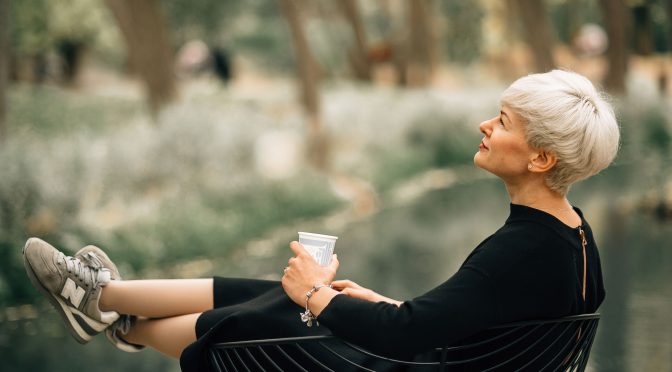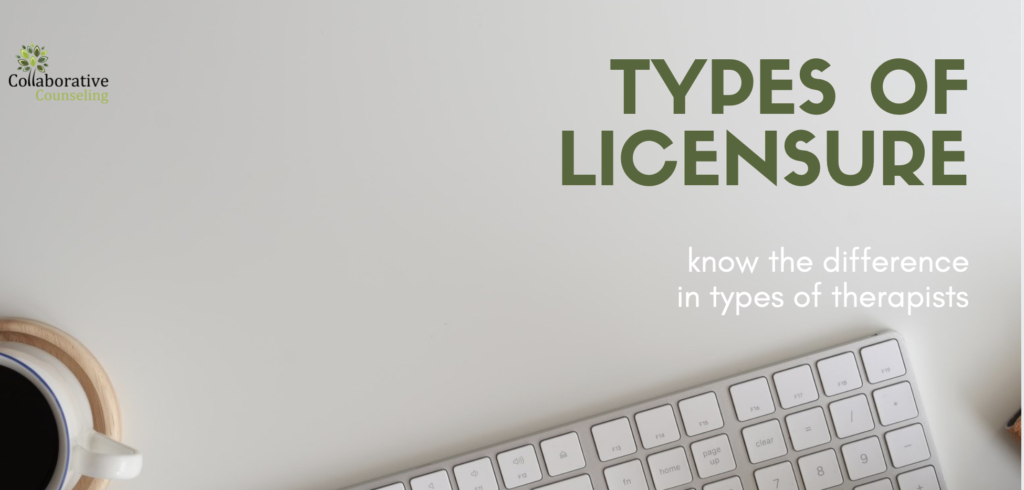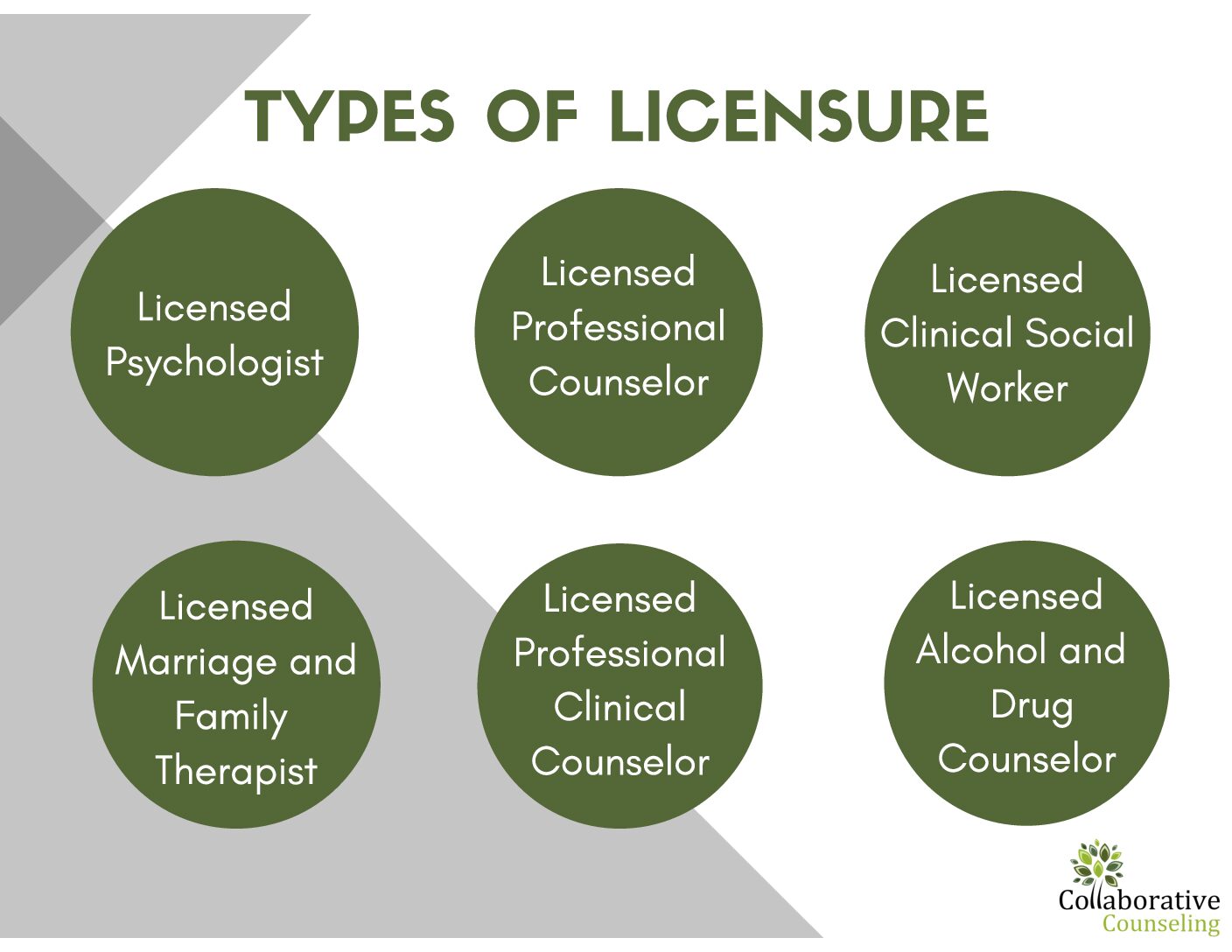Simple Self Care
Posted by Collaborative Counseling

As we wind down from the holidays and settle back into our routines, we may find ourselves already dreading the season of cold and day-to-day living that awaits us. At times like these, it is important to actively engage in self-care. Some days, taking care of ourselves can come naturally. However, there are some days when it just feels like we don’t have enough time or energy to devote to proper care for our minds and bodies.
Here are 5 simple methods of self-care that will have a big impact on how you feel with a small impact on your schedule.
Hydrate
We tend to associate being dehydrated with extreme physical symptoms. We forget that it can be a mild, everyday, occurrence resulting in a profound impact on our mental health. Drinking water throughout the day can help boost your energy and your mood, reducing overall feelings of depression and anxiety. If you struggle to keep up with your water intake, start with small goals. For example, drink a glass of water when you wake up, and at every meal. There are also great resources, and apps to help you track how much water you drink a day. Find a system that works for you, and start small. Remember to set achievable goals, and build as you go.
Listen to Music
Listening to some good beats can be an excellent way to add simple self-care to your routine. It can help you gear up for your day, or wind down for the evening. You might have 5 minutes to sit and meditate, or have a day packed full of activities. Luckily, listening to music is an easy self-care method that can fit into any schedule.
How does science link music to mental health? The University of Central Florida has a great tool that helps us understand how music positively impacts each area of the brain. Check it out here: https://www.ucf.edu/pegasus/your-brain-on-music/
Take a Warm Shower (or bath)
When we experience extreme emotions like stress or anxiety, our muscles can get very tense. We might start to feel like we are stuck, or that our bodies have locked up. Taking 10 minutes for a hot shower can help relieve a lot of that tension, and allow us to relax. If you find that you have some extra time, try taking a warm bath right before bed to get a good night’s sleep.
Take a Hike!
…Actually, even a short walk around the block will do some good. A study done in 2013 found that people who suffered from depression experienced a positive mood shift after walking outside for 50 minutes. In addition to a mental boost, a walk around the neighborhood is a simple and free way to add a little exercise to the day.
Check our our blog post on what happens when you spend time outside.
Breathe
This last act of simple self-care requires little effort but will have mighty results. Deep breathing sessions are a great way to help the mind and body find a space to relax. If you’re experiencing anxiety, it can also slow your heart rate, and help to regain control. This exercise doesn’t have to be complicated. Some smartwatches and phones come with guided breathing applications that make the process easy and convenient.
If you want to give it a try, you can also check out this 3-minute guided breathing exercise video
These 5 acts of Simple Self-Care are a great way to boost your mood, and they only take 30 minutes or less. Consider adding just one to your daily routine, and you will find that even the slightest change can make a big difference.
Read More
 View Our Locations
View Our Locations Request Appointment
Request Appointment


